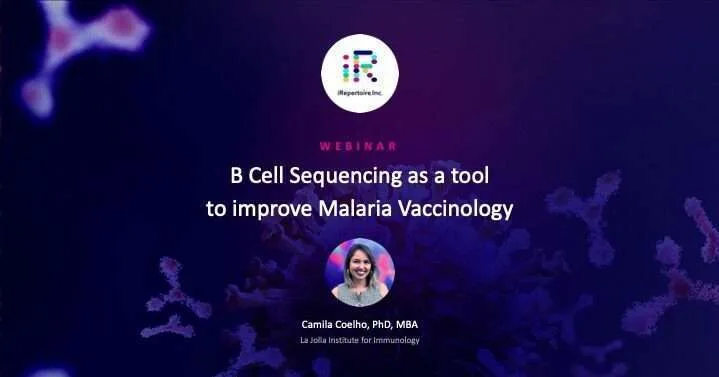
Abstract
Malaria elimination requires tools that interrupt parasite transmission. We characterized B cell receptor responses among Malian adults vaccinated against the first domain of the gamete surface protein Pfs230, a key protein in sexual stage development of P. falciparum parasites. Among nine Pfs230 human monoclonal antibodies (mAbs) that we generated, one potently blocks transmission to mosquitoes in a complement-dependent manner and reacts to the gamete surface. The structure of the transmission-blocking mAb in complex with vaccine antigen also reveals a large discontinuous conformational epitope, specific to domain 1 of Pfs230 and comprising six structural elements in the protein. The epitope is conserved, suggesting the transmission-blocking mAb is broadly functional. This study provides a rational basis to improve malaria vaccines and develop therapeutic antibodies for malaria elimination.
Speaker Bio

Camila Coelho, PhD, MBA
Dr. Camila Coelho is an Instructor at the La Jolla Institute of Immunology and works on B cell and antibody responses to vaccines. Prior to joining LJI, Dr. Coelho worked as a postdoctoral researcher at the National Institutes of Health in Bethesda MD, applying B cell sequencing to characterize B cell response elicited in response to malaria vaccines. She has made important contributions to the malaria vaccinology field, including generating the first human monoclonal antibody against a Plasmodium falciparum gamete stage (the stages that initiate mosquito infection) and also using antigen-specific single memory B cells as database to identify common peptides between B cell and antibodies secreted in the serum.